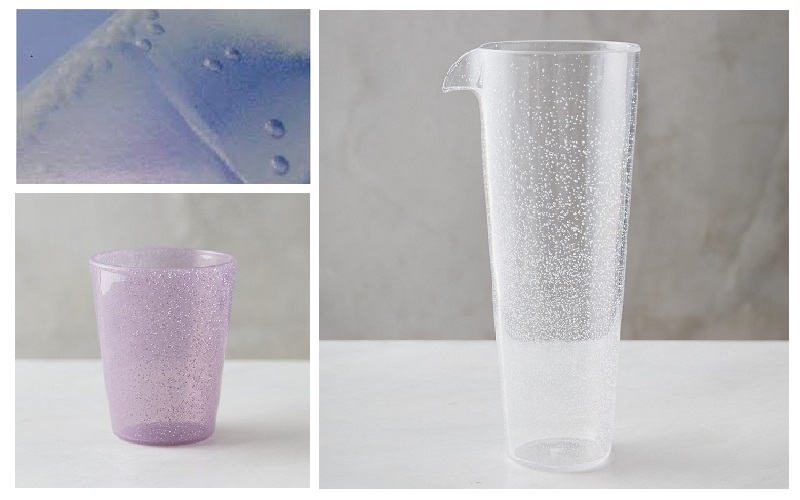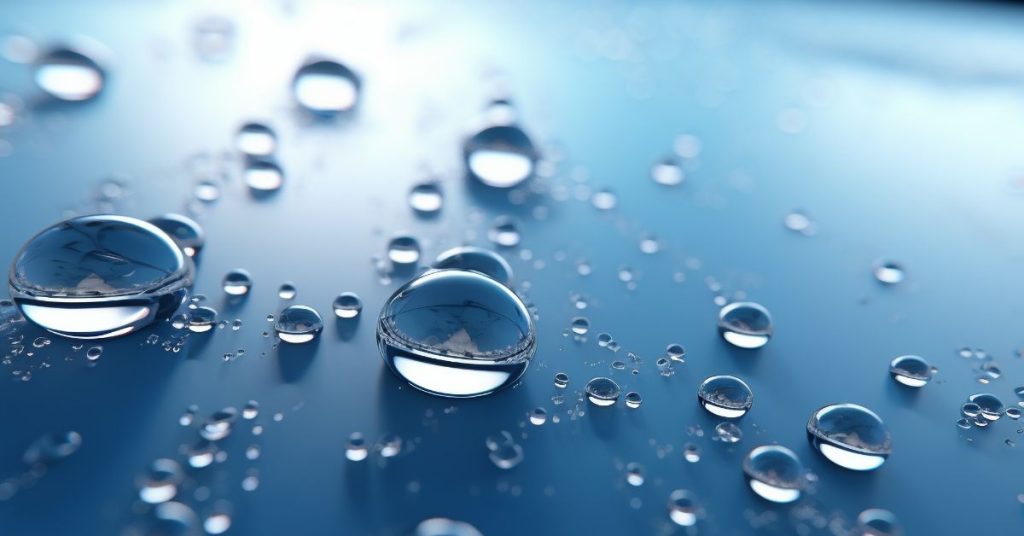Plastic knowledge
The Role of Moisture-Proof Additives on Plastic industry
Moisture exists in most materials, including plastic. If left untreated, moisture can cause problems during the manufacturing process as well as cause certain defects in the finished product. Plastic materials that are not moisture resistant can degrade over time, leading to reduced performance and potential failure. However, not all types of plastic have good waterproofing properties. Let’s learn about the role of moisture-proof additives in this article.
I. What are moisture-proof additives for plastics?
Moisture-proof additives in plastic materials are substances added to plastic during the production process to remove moisture and prevent errors caused by moisture during production; Helps improve waterproofing properties for plastic products.
II. Classification of moisture-proof additives for plastics
A. Desiccant
Desiccants are compounds that actively absorb and remove moisture from plastics. These residues can help prevent moisture buildup within the plastic. Examples of moisture removers include silica gel, calcium oxide, and molecular sieves.
These substances are often used to remove moisture in plastic raw materials, helping to prevent defects caused by moisture during the manufacturing process as well as preventing defects caused by moisture on the surface of finished products such as flaking. ball, fish eye.

B. Barrier additive
Barrier additives create a protective barrier for plastic products, preventing moisture from penetrating the product. These barriers can be included in manufacturing formulations or applied as coatings on plastic surfaces. Examples of moisture barriers include metallic films, aluminum foil and specialized coatings.
C. Hydrophobic additives
This is an additive that helps improve the hydrophobicity of plastic, making it more resistant to water absorption. These additives can help reduce the overall moisture absorption of the plastic, minimizing the potential for deterioration. Examples of hydrophobic additives include fluoropolymers, silicone-based compounds, and surface modifiers.
III. Role of moisture-proof additives for plastics
A. Prevent errors in production
Using anti-humidity additives can remove moisture from production materials, preventing phenomena such as fish eyes and bubbles on the surface of finished products; Solve moisture problems in extrusion and injection molding. Especially for recycled plastic, it helps remove moisture and eliminate oxidation effects that occur during plastic recycling.

B. Improved durability
By incorporating these additives into the plastic formulation, the material will be more resistant to the adverse effects of moisture, such as warping, cracking and deterioration. This ultimately helps prolong the life of the plastic product.
C. Improve overall performance
Moisture-proof additives can improve the overall performance of plastics in a variety of environments. Whether it is an outdoor application exposed to rain and humidity or an indoor installation with fluctuating humidity, a plastic product using these additives can maintain its structural integrity and appearance. by the time. This makes it the ideal solution for products that require long-term durability and reliability.
D. Maintain aesthetics
Preventing damage caused by moisture, the material can maintain its original color, texture and finish. This is especially important for applications where the appearance of the plastic is critical, such as consumer goods and construction materials.
IV. Application of moisture-proof additives in the plastic industry
A. Packaging industry
In the packaging industry, moisture-proof additives are often used in the production of food packaging, pharmaceutical packaging and other products that require protection from moisture. By incorporating these additives into packaging materials, manufacturers can ensure that their products remain intact and free of contamination, even in humid environments.
B. Electronic industry
Similarly, in the electronics industry, anti-humidity additives are essential to protect electronic components from the harmful effects of humidity. These additives help prevent corrosion and deterioration of components, ensuring the reliability and performance of electronic devices.
C. Construction industry
In the construction industry, moisture-proof additives are used in the production of plastic materials such as pipes, fittings, and insulation materials. These additives help protect materials from moisture damage, ensuring their structural integrity and longevity in various construction applications.
CPI Plastic Vietnam is the largest direct manufacturer of Masterbatch plastic additive products in Vietnam. Therefore, CPI Plastic is the top choice for factories that need stability in output and quality, to meet the production and export needs of customers.
(Refer to the product here: Desiccant masterbatch)

